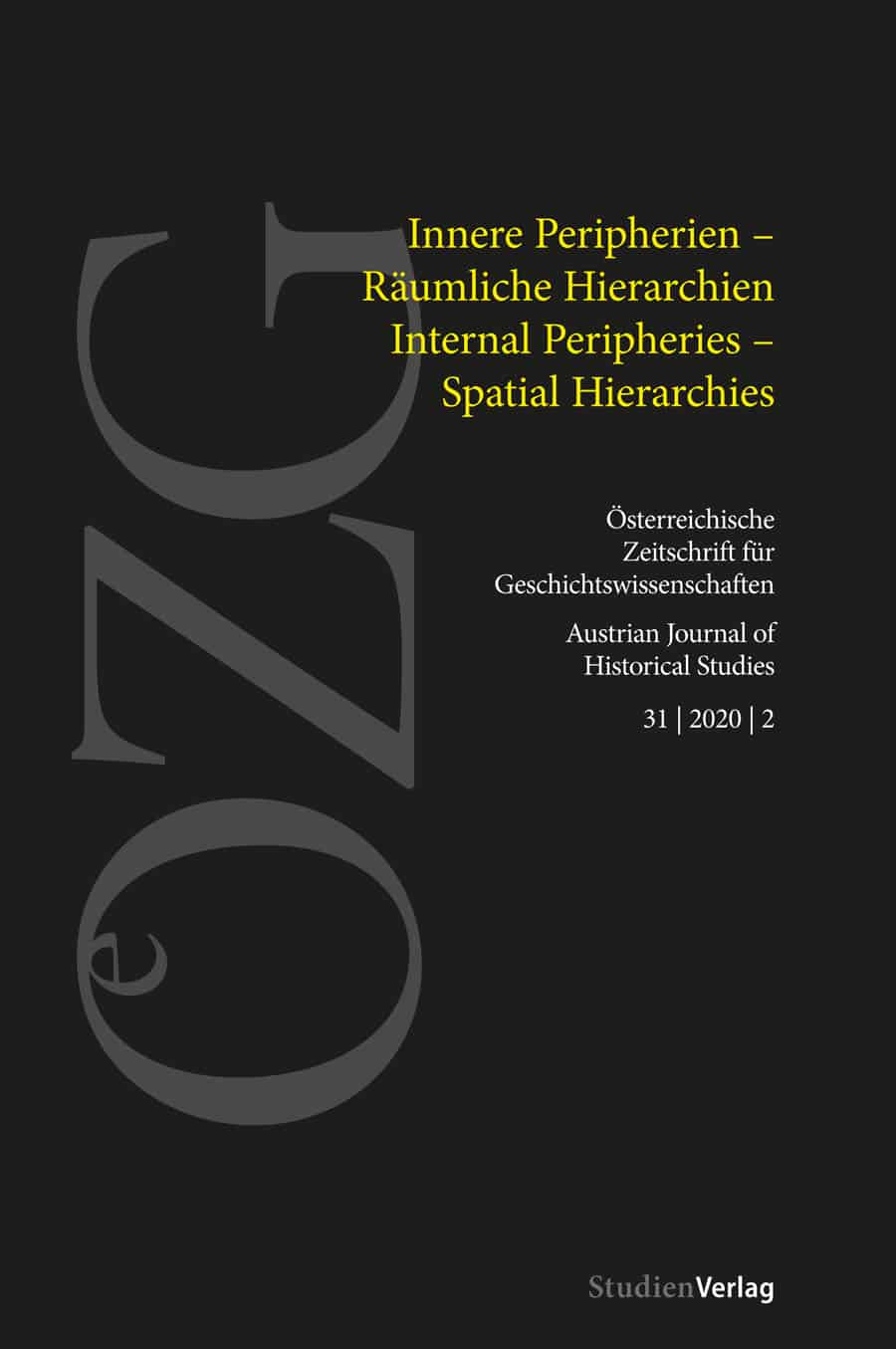Spatial Science Perspectives on Peripheralisation Processes in German Regions
DOI:
https://doi.org/10.25365/oezg-2020-31-2-8Keywords:
peripheralisation, outmigration, regional development, ESPON, governance, Osterode, Pirmasens, Siegen-WittgensteinAbstract
Based on research projects over the last years, this paper presents find-ings from three German towns and regions confronted with peripheralisation processes. It is based on the relational concept of peripheralisation which describes long-term processes of continued outmigration, infrastructure and decision network disconnection, dependency on external funding and stigmatisation. The towns examined in this paper are, to some extent, located in geographic centres. However, they failed to draw noticeable development stimuli from this spatial centrality at this point in time. A comparative perspective will focus on spaces of agency of the towns from a (multilevel) governance perspective and from one of path creation. We argue that research on peripheralisation benefits from multidisciplinary research, integrating po-litical science, history and spatial science perspectives.
Downloads
Published
How to Cite
Issue
Section
License
Copyright (c) 2020 Austrian Journal of Historical Studies

This work is licensed under a Creative Commons Attribution 4.0 International License.


